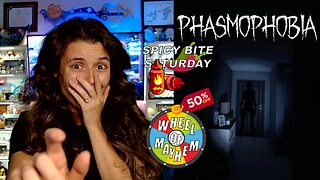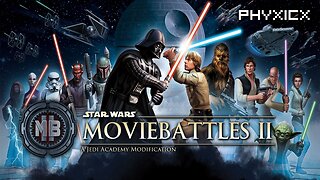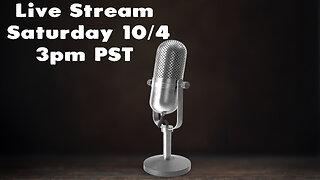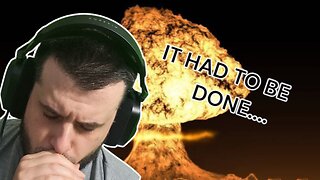Premium Only Content

Most dangerous performance
Magic has always been considered dangerous, and even today most people are probably torn between a fascination with magic and yet an almost instinctive fear of it. Much of this fear comes from the fact that magic deals with ‘hidden forces’ and we are programmed to be fearful of the unknown. But are there any risks involved in the practice of magic?
Some people are so cautious by nature they adopt a policy of going nowhere near the subject. Others take a reckless approach, in the style of the great conductor Sir Thomas Beecham, who said ‘In this life, try everything once, except incest and morris dancing.’ A middle way between these two extremes seems the most sensible.
Any exploration of the unknown carries risks, and when the unknown happens to involve the powers of your own mind, and of feelings and instincts that may be repressed, it is possible to experience discomfort or distress as these hidden parts of yourself begin to surface into awareness. In addition, the magical world-view involves a belief in spirits and the continuity of life after death, and anyone who takes on board such a view must be prepared for the possibility of encountering these beings. On the positive side, practitioners will say that they experience an increased sense of well-being as they come to know themselves and the universe around them in a deeper and more satisfying way. On the negative side, someone trying to follow the path of magic can easily find themselves in a world redolent with superstition and illusion.
For this reason, most magical schools and teachers recommend approaches that develop the student gradually, so that any increased access to the untapped powers of their mind or sensitivity to the psychic realm is balanced by their developing self-knowledge and psychological maturity. This is fine in theory, but in practice the world of magic is still shot through with liberal quantities of delusion, grandiosity, naivety and superstition, which is why it can be so easily derided.
A major step forward in the evolution of magic occurred, however, in the late twentieth century, when a number of psychological approaches were developed, which have come to be known as the ‘Transpersonal’ or ‘Spiritual’ psychologies. With much of their roots in Jung’s fascination with alchemy and mysticism, and his theories of the Collective Unconscious and Archetypes, these psychologies saw the human being as a spiritual entity possessing the untapped powers that magicians had always sought to develop.
Although conservative occultists were distrustful of psychology, perhaps basing their opinions on a knowledge of the limitations of Freudian and Behavioural psychology, a number of magicians began working with these new psychologies, incorporating many of their approaches to the study and teaching of magic.
-
 LIVE
LIVE
Tundra Tactical
3 hours ago🛑LIVE NOW!! FBI Gets Caught LYING About Good Guys With Guns For 10 YEARS!!!!
295 watching -
 LIVE
LIVE
BlackDiamondGunsandGear
2 days agoAFTER HOURS ARMORY / Antifa / Lies/ Prison time
60 watching -
 LIVE
LIVE
DLDAfterDark
3 hours agoThe After Hours Armory! Tonight is The Chat's Chat! God, Guns, and Gear!
108 watching -
 DVR
DVR
Mally_Mouse
5 hours ago🌶️ 🥵Spicy BITE Saturday!! 🥵🌶️- Let's Play: Phasmophobia
22.2K2 -

iCkEdMeL
1 hour ago $4.50 earnedChaos Explodes in Chicago & Portland | Feds Clash with Protesters!
10.1K4 -
 21:54
21:54
Exploring With Nug
1 day ago $6.57 earnedScuba Diving Missing Person Search Leads to Discovery of Classic Cars!
37.9K5 -
 LIVE
LIVE
Phyxicx
6 hours agoStar Wars: Movie Battles II Community Event hosted by ReaperAF95 - 10/4/2025
113 watching -
 1:19:51
1:19:51
World2Briggs
4 hours ago $1.49 earnedThe US This Week
22.6K2 -
 LIVE
LIVE
Joker Effect
1 hour ago"MAKE STREAMING GREAT AGAIN" - Brands Step Up Finally. Birth of Rumble Community. Taking Leadership
424 watching -
 5:02:17
5:02:17
Illyes Jr Gaming
5 hours ago"Machine Gun" Takes On BLACK OPS 7 Beta DAY 3!!!
7.18K
